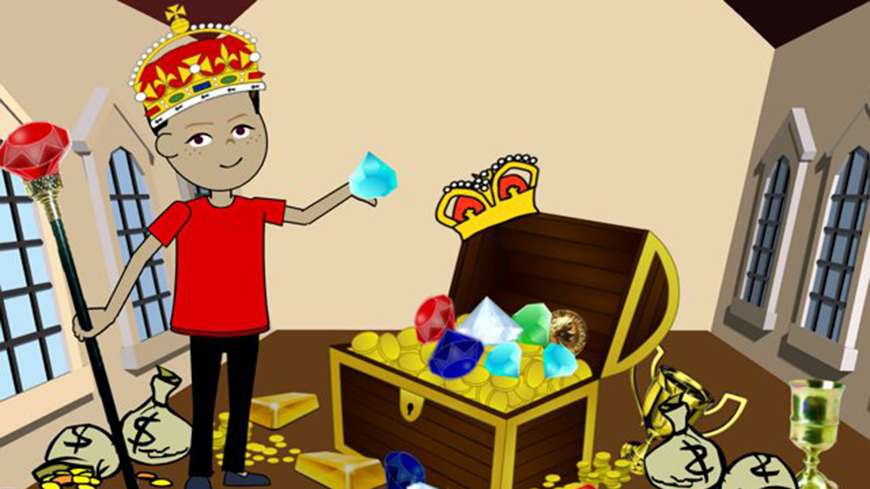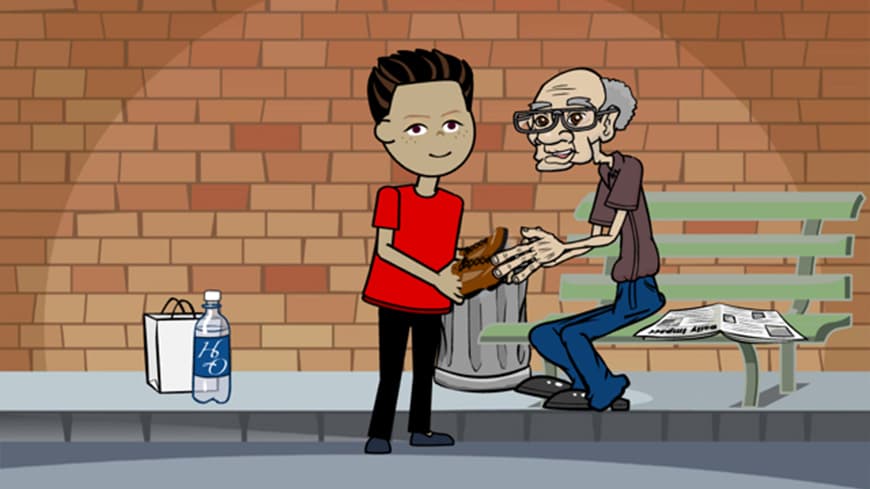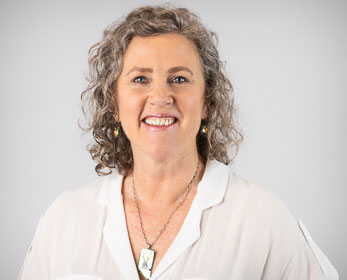Worldwide hundreds of studies have confirmed personal values affect our decisions in life as adults, and consequently our self-worth.
However, very few studies have looked at how these personal values affect children’s self-esteem, particularly in middle childhood.
New research led by Dr Trish Collins, Early Childhood Studies Lecturer at Edith Cowan University (ECU) surveyed 722 children between the ages of six and 12 to assess what values they held and how it impacted their opinions of themselves.
“Over the years very little has been documented on how children's values are associated with important aspects of wellbeing, such as self-esteem,” Dr Collins said.
To assess their values, the children from schools across Perth were shown animated images that reflected different personal values.

Examples of the animated values images shown to the children, included “I want to be rich and powerful” which displayed a child surrounded by money.
In another was a person giving shoes to a homeless person, to illustrate giving to those in need.

“To help determine which personal values are more important and which values are not important to each child they select the image depicting what they are the most like, and then the image that depicts what they are the least like, from sets of value animations,” Dr Collins explained.
“The research then assessed overall self-worth, as well as five personal competencies, such as social competence, academic competence, athletic competence, behavioural conduct, and physical appearance.
For example, “finishes schoolwork quickly” and “avoidance of getting into trouble” and “happy with looks, body, face, hair,” Dr Collins explained.
“What we found is that even children who prioritise putting themselves before others (i.e., self-enhancement values) had lower overall self-worth, a lower opinion of their physical appearance, social competence and behavioural conduct, including those as young as six years old.
“In contrast those children who prioritise putting others before themselves had higher overall self-worth,” Dr Collins said.
All children took part in the surveys in familiar school surroundings, such as their classroom or school library.
“These new findings pave the way for all educators to form more understanding that the underlying motivations of children’s personal values often relate to individual children’s prosocial and aggressive behaviours which in turn impacts their self-esteem,” Dr Collins said.
Read the full journal article Do personal values have an effect on self-esteem in middle childhood?
 Very few studies have looked at how personal values affect children’s self-esteem, particularly in middle childhood.
Very few studies have looked at how personal values affect children’s self-esteem, particularly in middle childhood.



